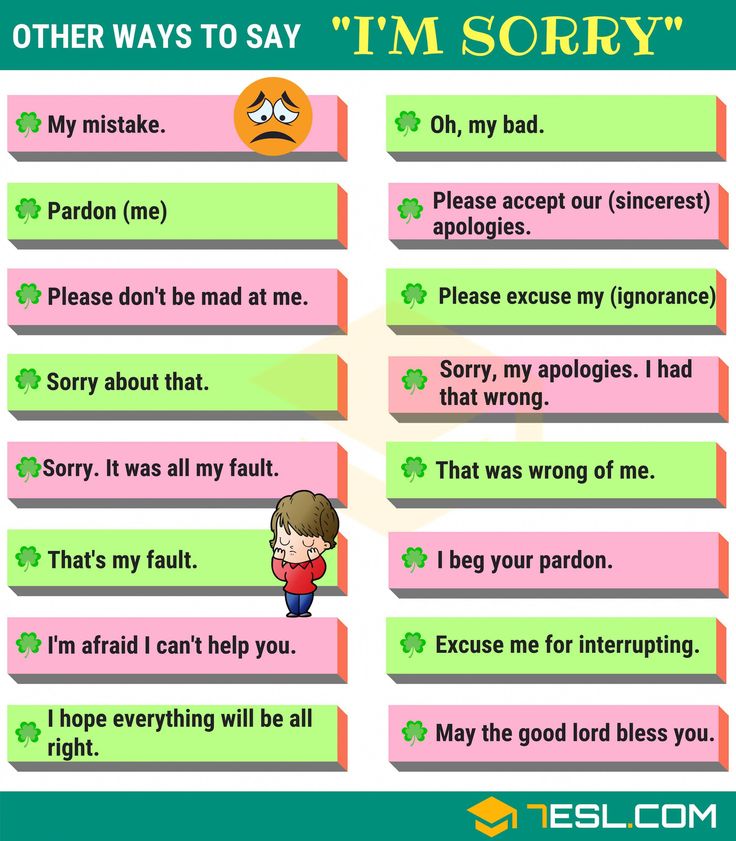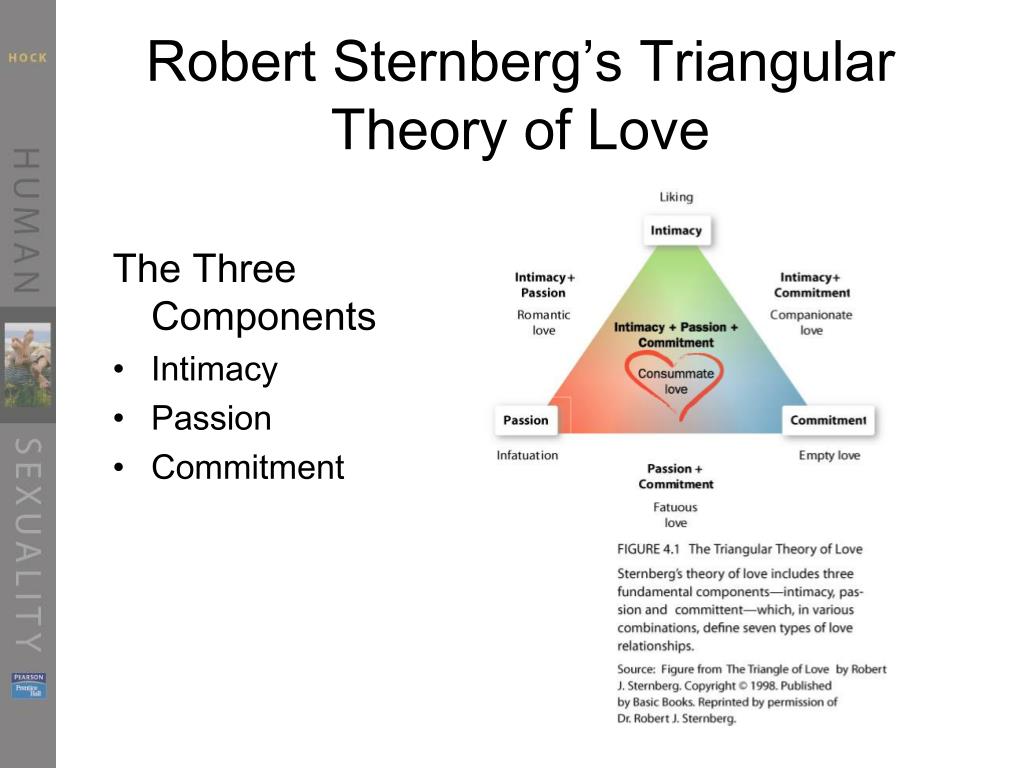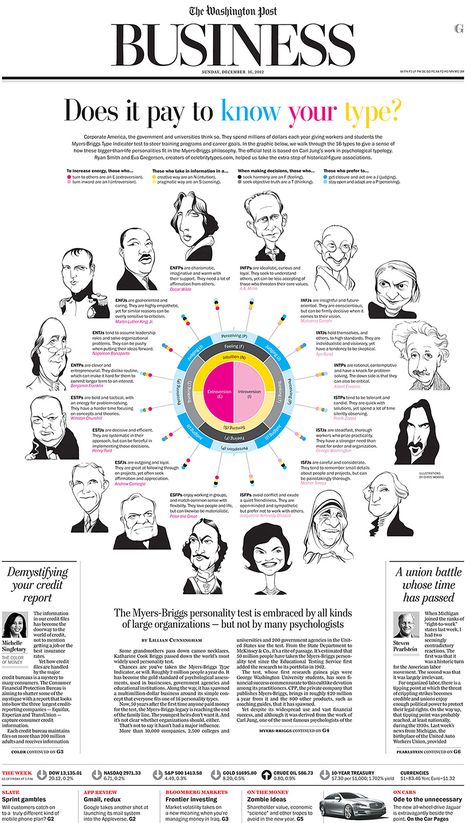I want to recover
“I Want To Recover From My Eating Disorder and Look Hot While Doing It” — Tangram Wellness
Of the coaching enquiries I’ve received over the past year, some of the most common ones read something like this:
“I’ve recovered from anorexia through an in-patient program, but now I’m overexercising. I’d like to raise my self-esteem, make peace with my body, and look really fit and lean. Can you help?”
or this…
“I’ve been binge eating for years and am finally ready to stop this bad habit, but I also want to reduce my body fat and weight.”
or this…
“I’ve been in and out of treatment for an eating disorder for many years, and nothing seems to work. Every time I start to get better, I gain weight. Can you help me overcome it while being able to maintain my current weight?”
Most months, I’ll receive a few requests along these lines, all from smart and determined women in their teens, twenties, and thirties. Their accounts are often similar, mirroring the traits and experiences of those who deal with eating disorders in other parts of the world, which include numerous failed treatment attempts, low self-esteem, pervasive perfectionism, and few social supports. Some of these women were raised in enmeshed or narcissistic families, where self-worth is gained through external achievement and little autonomy or emotional expression is allowed. A majority deal with anxiety, post-traumatic stress disorder, psychosomatic illness or other kinds of addictions in addition to an eating disorder. Some are in tumultuous relationships or are otherwise experiencing instability in their lives, and others have a history of trauma.
I know this story all too well because the narrative is also part of my own, one that I’ve gently held onto in order to alchemize it. I know the shame of having a nurse hover over you as you sit on the toilet because she’s got to make sure that you don’t throw up. I know what 800 calories a day does to mood and metabolism, what it’s like to try on a hundred outfits and still hate what you see in the mirror, and how empty if feels to live for the approval of others.
It’s been many years since I’ve contended with an active eating disorder or addiction and since that time I’ve realized that we’re having the wrong conversation. Eating disorders are not about vomiting or starving or compulsive calorie-burning gym sessions. They’re not about reaching an ideal weight.
Eating disorders are not about vomiting or starving or compulsive calorie-burning gym sessions. They’re not about reaching an ideal weight.
Eating disorders are about refusing to actually be IN our bodies. They’re about rejecting our true selves. They’re about seeking worth externally, and then battling with that external illusion in an attempt to regain control. They’re about swallowing big lies- that we don’t matter unless someone else recognizes our significance, and that a woman’s value is hinged on the way she looks. And, they’re about attempting to cope with emotional pain stored in the body- pain that is all too often “unspeakable.”
In Asia, we’re in the midst of a process addiction and eating disorders crisis, exhibited by the rapid rise in the number of people seeking treatment for gambling, sex and video game addiction, binge eating disorder, and anorexia. Due to the shame-based cultural underpinnings and the pervasive sociological concept of having “face” (mianzi) and protecting a family’s reputation at all costs, eating disorders and addictions are woefully underreported in this neck of the woods. To complicate things, careers serving this population aren’t generally desired due to the nature of the work, the low pay in comparison to glitzy financial service jobs, and a high rate of burnout. This ensures that many, many people who need treatment aren’t getting any because they’re too afraid to ask for it and even if they did, options are severely lacking. It’s estimated that 80 percent of people receiving treatment for eating disorders will relapse, and 20 percent of people with serious eating disorders will die from their condition. That’s what I’d call a serious public health crisis. ED recovery is hard work, and women on the path are true warriors. A quote I recently came across summarizes things quite accurately:
To complicate things, careers serving this population aren’t generally desired due to the nature of the work, the low pay in comparison to glitzy financial service jobs, and a high rate of burnout. This ensures that many, many people who need treatment aren’t getting any because they’re too afraid to ask for it and even if they did, options are severely lacking. It’s estimated that 80 percent of people receiving treatment for eating disorders will relapse, and 20 percent of people with serious eating disorders will die from their condition. That’s what I’d call a serious public health crisis. ED recovery is hard work, and women on the path are true warriors. A quote I recently came across summarizes things quite accurately:
When you couple this global health emergency with the fact that the societal perception of a person’s value has become increasingly commodified, it’s no wonder more women are saying, “I want to recover from my eating disorder and look hot while doing it!” Since today’s version of “hot” apparently equates to being impossibly lean and thin, the goal of solid recovery is in direct opposition with the wish to chisel a Fitspo body.
I should know- while competing as a bodybuilder in 2014, I noticed that as soon as I hit a low body fat percentage during my third competition prep, several eating disorder-related thoughts and obsessions began to resurface. Because I’d been on the recovery path for many years and had a great coach, I was able to view these thoughts objectively and avoid a relapse, but I now recognize the fine line I was walking in pushing body, mind and soul to complete exhaustion. In some ways, sports are an incredible option to overcome an eating disorder or other addiction; I’ve met a lot of other bodybuilders, powerlifters, and distance runners who became athletes on their journey of recovery.
One of the best ways to beat a bad habit, compulsion or addiction is to replace it with a healthier behavior. However, if the addiction or disorder is still active and the person’s secondary goal is focused on the external (to look a certain way) rather than the internal (to self-partner and generate positive inner energy), I can nearly guarantee that the person will not reach a higher level of self-esteem, make peace with her body, or find reprieve from her disorder- quite the opposite.

So, what can you do if you want to develop a better relationship with yourself, with food… and still look a certain way?
First, a focus on the true roots of the eating disorder and a method for releasing some of the internal pain is paramount and best done with a licensed counsellor or psychologist, as this is beyond the realm of coaching. Somatic psychotherapy and EMDR can both be helpful on this journey.
Second, reprogramming your inner messaging system to raise self-esteem, transforming your emotional hooks or vulnerabilities into strengths, and replacing negative behaviors with positive ones are all vital and require long-term commitment. A qualified coach can be highly beneficial here.
Third, relearning all you can about nutrition, food and exercise will provide knowledge, newfound self-respect and a sense of control. I personally find that intuitive eating approaches don’t work all that well for a lot of women with eating disorders due to an impaired interoception response (missed cues for hunger and satiation) and difficulty accessing their emotional barometer, particularly around something triggering like a food buffet.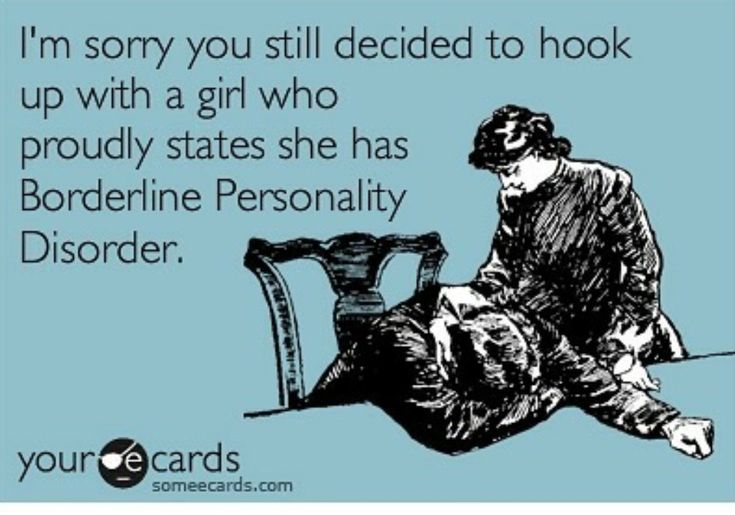 Add to that, ripping away control can actually backfire. Acquiring knowledge about how to eat in a healthy manner reinstills some of that control.
Add to that, ripping away control can actually backfire. Acquiring knowledge about how to eat in a healthy manner reinstills some of that control.
Fourth, cultivating an environment that supports your journey is important, which usually means severely limiting or deleting social media applications like Instagram and refusing to flip through fashion magazines, at least until you feel a comfortable level of confidence within yourself.
Fifth, returning to your body is essential- practices like yoga, mindfulness or prayer, journaling, and an exercise program can be incorporated as a part of your week to turn your focus away from the impossible ideal and toward learning how to love and appreciate yourself as you are.
Over time, you might just find that you already have the body you’ve always dreamed of, because it supports and houses the authentic spirit of you.
Recovery is a lifelong journey and an unparalleled gift.
If you’re on the path to overcome an eating disorder or an addiction, that means you’re also on a path of self-realization and heightened awareness, which will give you the tools and vitality to build a life you can appreciate in the body you’ve been given while maintaining your integrity and cultivating peace of mind. Recovery lights up the BEING inside the BODY. Now, that’s hot.
Recovery lights up the BEING inside the BODY. Now, that’s hot.
I'd love to hear from you- is holding onto the ideal of the "perfect body" keeping you sad and sick? If you're in recovery from an eating disorder, what's helped you stay on track? Leave your comments below. And, if this helps you or may help someone you know, share it!
I want to recover from my eating disorder and need to learn how
Dear Reader,
Bulimia can be a serious and scary condition, and you’re not alone. Regardless of whether you’ve tried to quit on your own or if you’ve been in treatment, your frustration about not being able to quit the behaviors associated with disordered eating is very common. The good news is that there are some immediate steps you can take to get help. First, you could consider speaking with a health care provider or mental health professional about your experience, symptoms, and behaviors. A provider can make recommendations for treatment, such as therapy, medication, nutritional counseling, or a combination of all three. If you haven't received a diagnosis, they may also evaluate you to see whether one would be appropriate. If you’d like more information on bulimia nervosa, the National Eating Disorders Association website provides up-to-date information about bulimia and available treatment options across the country.
If you haven't received a diagnosis, they may also evaluate you to see whether one would be appropriate. If you’d like more information on bulimia nervosa, the National Eating Disorders Association website provides up-to-date information about bulimia and available treatment options across the country.
Although bulimia is challenging to overcome, it can be done. Oftentimes, a multi-disciplinary team that includes a number of health professionals — such as psychiatrists, therapists, registered dietitians, and primary care providers — may work with you and your family. They can help you gain insight into different aspects of your behavior and experiences (including eating behavior, medical concerns, and psychological symptoms) and work towards making changes.
Evidence shows that a combination of psychotherapy (specifically, cognitive behavior therapy (CBT)), antidepressant medication, and nutritional counseling could lead to better outcomes. In CBT treatment, individuals with bulimia may work to identify and change maladaptive thoughts about themselves and food, and learn more effective strategies for how to cope with stress. Nutritional counseling helps end the binge and purge cycle by providing folks with education around nutrition, promoting healthy, flexible eating habits, and offering up strategies for how to schedule and eat portioned meals that provide optimal nutrition.
Nutritional counseling helps end the binge and purge cycle by providing folks with education around nutrition, promoting healthy, flexible eating habits, and offering up strategies for how to schedule and eat portioned meals that provide optimal nutrition.
It’s good to note that there are also a number of specific eating disorder treatment programs across the country, and that the type of treatment recommended for you may depend on the severity of your symptoms. With this in mind, it’s helpful to understand the difference between outpatient and inpatient treatment. Outpatient treatment is designed for people deemed medically stable and able to remain in their own environments during treatment without risk to their health. While outpatient treatment alone is sufficient for many people dealing with bulimia, some may benefit from inpatient or residential treatment. Ideal candidates for inpatient treatment include individuals who are struggling with other mental health conditions in addition to bulimia (e. g., depression or substance abuse), or people whose eating behaviors have led to life-threatening medical concerns, such as low weight, severe dehydration, or heart abnormalities.
g., depression or substance abuse), or people whose eating behaviors have led to life-threatening medical concerns, such as low weight, severe dehydration, or heart abnormalities.
You also mention that you’re planning to start college soon — congratulations! It also may be worthwhile to check out the services available at your school, and see if your school has any eating disorder-specific support. Many university counseling centers have experience treating students with eating disorders and may be able to provide you with continued care when you make the transition.
The road to recovery will likely be challenging, and it’s common to experience a recurrence of binging and purging during times of stress or transition. If you believe that your symptoms are returning, it’s recommended to follow up with your providers as soon as possible. Practicing effective strategies for managing stress and maintaining healthy, supportive relationships are two ways to help prevent such a relapse from occurring. It may also be beneficial to identify situations or environments that could lead to binging and purging, and, with the support of your health care providers, build a plan for how to cope with such situations and future periods of emotional distress.
It may also be beneficial to identify situations or environments that could lead to binging and purging, and, with the support of your health care providers, build a plan for how to cope with such situations and future periods of emotional distress.
It takes a lot of courage to reach out and acknowledge that you need help. Seeking out additional support may provide you with reassurance on how to best move forward, and bring you another step ahead on the path of recovery.
BELIEVE NEVER GIVE UP: How faith in recovery affects the process of cancer treatment
It is difficult to argue with the fact that faith in recovery has a great impact on the quality of life. Faith allows you not to despair, not to fall into despondency and apathy, not to give up.
Faith helps to get through a difficult, sometimes very painful and physically difficult treatment. Faith in recovery is a support that can help out even when there are no other supports left.
Faith in recovery is of great importance at a time when it is necessary to act.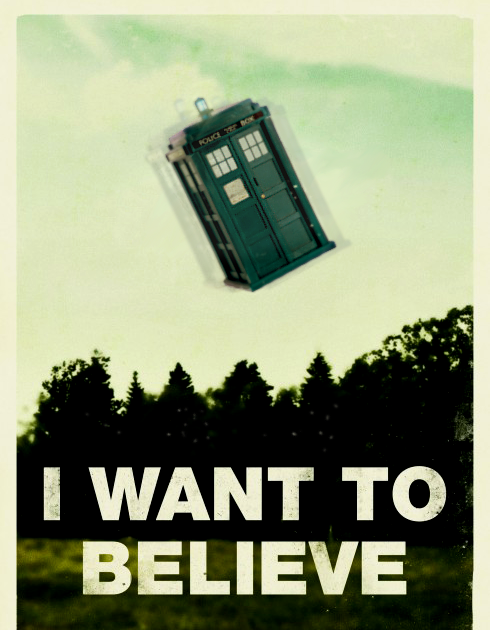 Sometimes the treatment of cancer turns into a quest: you need to go to one doctor, then get a referral from another, an incomprehensible piece of paper from a third, return to the first, then return to the third ... All this requires tremendous strength, and most of all - moral strength.
Sometimes the treatment of cancer turns into a quest: you need to go to one doctor, then get a referral from another, an incomprehensible piece of paper from a third, return to the first, then return to the third ... All this requires tremendous strength, and most of all - moral strength.
Because if they looked askance while still in the wardrobe, there was a queue in the office for a couple of hours, and they said: “Your tests are overdue, retake them,” you really want to yell and quit everything. And if you add to this the thought “treatment is useless, I’ll die anyway”, you can stop seeking medical help. The life of a person who had a real chance to undergo treatment and go into a stable remission can actually end. And it's scary. nine0003
But there is another side of the coin
Most people who are diagnosed with cancer, sooner or later go through certain states, which many psychologists call "stages of accepting the disease."
One of these states is apathy, a feeling of powerlessness, the futility of the struggle, sadness, self-pity, sometimes a desire to be alone, to hide. It seems that the joy, the taste for life and the strength to fight are gone forever. These are very difficult feelings, and the state itself may not leave a person for a long time. nine0003
It seems that the joy, the taste for life and the strength to fight are gone forever. These are very difficult feelings, and the state itself may not leave a person for a long time. nine0003
And at this moment the idea that recovery largely depends on faith in it can "finish off".
“I know that in order to get well, I have to fight, I have to be energetic, but I just don't have the strength. I want to hide from everyone and lie with my face against the wall. How can I get rid of this?” – as an oncopsychologist, I often encounter such requests.
There can be only one honest answer here: “You are all right. Feeling like this is normal. Most people who experience illness feel the same way at some point. You are tired, you are exhausted by a long treatment - it is natural to desire rest. Your body threw all its strength into the fight when you first learned about the diagnosis. nine0003
You have been examined one after another, consulted with doctors. Finally, treatment began - and it has been going on for some time. Most likely, right now you have the first time to begin to experience what happened. These are hard thoughts and feelings - and you cannot be active and joyful while experiencing them. Just give it time."
Most likely, right now you have the first time to begin to experience what happened. These are hard thoughts and feelings - and you cannot be active and joyful while experiencing them. Just give it time."
Of course, it is impossible to give up in the meaning of “cancel the treatment recommended by the doctor”: it is deadly. But to expect constant optimism and firm faith from yourself is to drive yourself into a corner: the more you forbid yourself to be discouraged, the stronger your discouragement will become. nine0003
In such a situation, it is extremely important to notice your feelings and help yourself get through them. Everything that will help you feel a little better is good: support from loved ones, the opportunity to cry, sincerely share your experiences with someone, something that will allow you to “switch” (simple things, hobbies, funny movies), contacting a psychologist for a professional help.
Feelings, emotions, states of a person - they are all fluid, like water, and constantly replace each other. Every emotional "down" is inevitably followed by a "up". Sometimes it doesn't happen as soon as we would like. But it will happen - it is inevitable. nine0003
Every emotional "down" is inevitably followed by a "up". Sometimes it doesn't happen as soon as we would like. But it will happen - it is inevitable. nine0003
I really want to get well - Advice from psychologists, consultations
I really want to get well - Advice from psychologists, consultationsMarina 11/23/2012
Good afternoon! I am 30 years old, worked in a management position in large companies. I fell ill two years ago, both legs and both arms were paralyzed, there was a sudden paralysis, the cause is not clear. I was a healthy person, I lived a full life, my favorite work. But, one fine day ... everything was gone .. I became an invalid of the 2nd group. I really want to recover, get back to work.. I know that you can fully recover! But, my thoughts definitely interfere with me ... The doctors told me that during my illness it is impossible to catch a cold, now I shy away from everyone who sneezes . .. I am obsessed with this sore .. I wake up in the morning, immediately check, and my legs, arms are like them behave. In general, I can’t cope with this problem alone .. I need the help of a good psychologist who wants to work with a suspicious, obsessed with her illness girl))
.. I am obsessed with this sore .. I wake up in the morning, immediately check, and my legs, arms are like them behave. In general, I can’t cope with this problem alone .. I need the help of a good psychologist who wants to work with a suspicious, obsessed with her illness girl))
Similar question
I cry a lot, I really want to go home (3 answers)
Hello, Marina!
I strongly support the theory of psychosomatic disorders, so I believe that your illness did not appear in you by chance. And I strongly urge you to investigate both the causes of its appearance and the processes that are now hindering your recovery. Psychosomatics is a real and very effective thing, it would be good for you to know its laws and better understand how you produce your diseases or the conditions for their appearance. This will help you be healthy and efficient in the future. All the best, Elena. nine0003
Similar question
How to return a loved one? I am very jealous, I really want to change this terrible character trait in myself and return it (1 answer)
Tips by categoryMoneyChildren---Pregnancy and childbirth---Preschoolers---Teens---Schoolchildren---Addictions---Alcoholic---Love---Drugs---NicotineHealth---Healthy lifestyle---Oncology- ---PsychosomaticsInteresting---Art---Fulfillment of desires---Society---ReligionsBeauty and appearance---Rules for weight lossCrises---Age crises---Crisis in the family---Personal crisis About death---Suicidal behaviorRecreationRelationships- --- Friendship---Conflicts and quarrels---Love---LonelinessEating behavior---Anorexia---BulimiaPsychology and psychologistsWork, business, career---Choice of profession---Conflicts at workSelf-knowledge---Goal setting-- -Self-EsteemSexFamily---Adult children and parents---Cheating---DivorceSleep and dreamsFears and phobias---Panic attacks---Anxiety, anxious statesStress and depression---Psychological traumaEmotions and feelingsI and psychologist---How to choose a psychologistOther nine0003
See also
I really want to have friends and I want to gain respect 1243 6 responses
I really want a child and I want to formalize our relationship .
